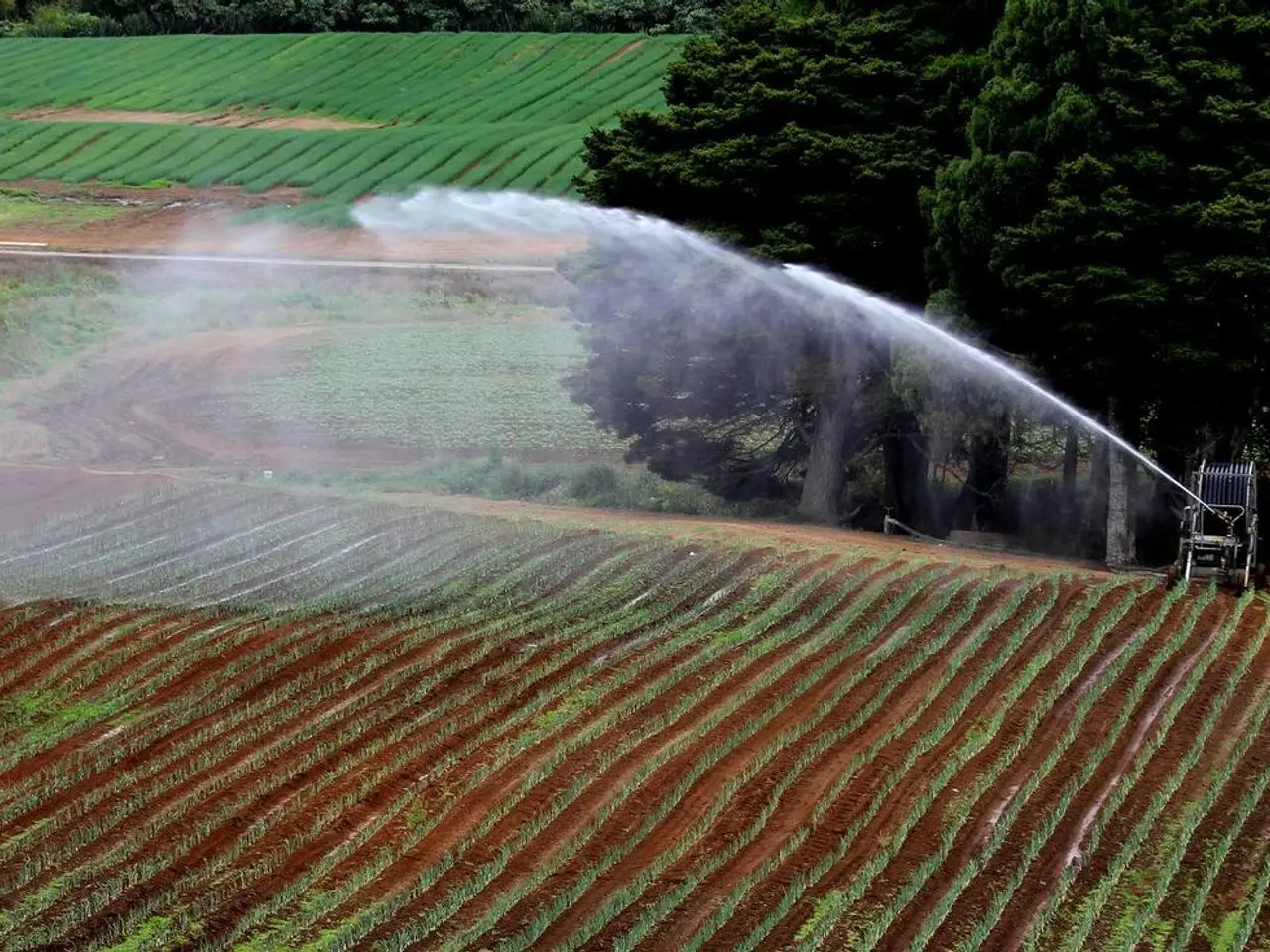"Comprehensive Guide to Purchasing Agricultural Property in Chennai"
Purchasing Farmland in Chennai: A Comprehensive Guide
10th December 2024
Buying farmland in Chennai can be a rewarding venture, offering significant financial gains and long-term investment opportunities with environmental benefits. To ensure a successful and secure purchase, follow these key steps:
1. Location Research
Identify promising agricultural land based on accessibility, infrastructure, and growth potential around Chennai. Inspect the land and surrounding facilities personally. Use demographic data and Chennai Metropolitan Development Plan zoning maps to choose areas with agricultural viability and future growth prospects.
2. Legal Clearances & Documentation
Verify the seller’s identity and confirm ownership through title deeds, mutation entries, encumbrance certificates, and Record of Rights (ROR). Check for any litigation, government acquisition plans, or legal restrictions on the land. Obtain a No Objection Certificate (NOC) from local authorities if required for purchasing agricultural land in Tamil Nadu. Understand state-specific laws on agricultural land purchases and consult a legal expert to ensure compliance. Ensure the land has proper patta (title) clearances and complies with RERA regulations if relevant.
3. Soil Testing
Conduct detailed soil tests to assess fertility, drainage, pH levels, and suitability for intended crops. Analyze results to determine if any soil amendments or irrigation improvements are needed.
4. Land Measurement & Survey
Accurately measure the land boundaries via a registered surveyor using GPS or traditional surveying methods to avoid disputes. Obtain a survey sketch and confirm the exact area and demarcation.
5. Negotiation
Negotiate price based on location, soil quality, development potential, and market rates. Draft a clear sale agreement specifying all terms: buyer and seller details, land description, price, payment schedule, possession date, and responsibilities.
6. Development Planning
Plan for utility access (water, electricity) and infrastructure improvements if needed. Consider irrigation facilities suited for Chennai’s climate and soil. Engage with local agriculture extension services or NABARD for support schemes and technical guidance on sustainable development.
Additional Tips
Use reputed real estate agents specializing in farmland in Chennai for market insights and verified listings. Secure financing from banks or government schemes designed for agricultural land purchase if needed. Register the sale deed at the local sub-registrar’s office after payment and ensure mutation is recorded in your name to establish legal ownership.
Following these steps will help ensure a secure and well-informed farmland purchase near Chennai, minimizing risks and enabling effective land use. Consult with a lawyer to ensure a smooth and legal farmland purchasing process. For additional assistance, consider using services like Getfarms, which can help guide you through every step of the process.
In the pursuit of a fulfilling lifestyle, exploring home-and-garden options can extend beyond urban residences to farmlands around Chennai. For instance, transforming a farm into a sustainable home-and-garden could be an enticing initiative for those keen on integrating agricultural activities into their lifestyle.
Moreover, cultivating land around one's home in Chennai provides a unique blend of environmental responsibility and property ownership, making it an engaging home-and-garden venture with long-term benefits.




